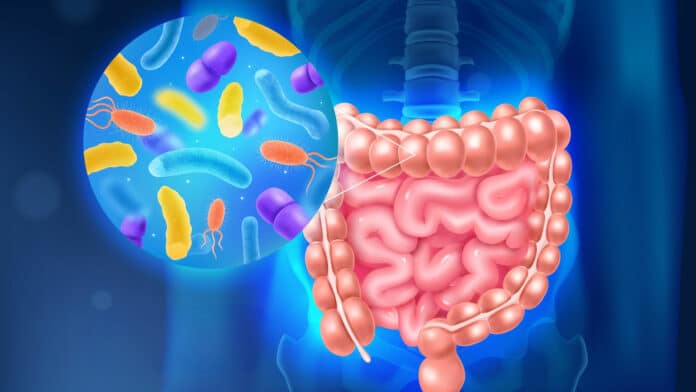Diabetes is the leading cause of death worldwide due to a lack of curative medicines and the necessity for constant monitoring. While entire pancreas or pure islet transplantation can restore glucose in Type 1 diabetics, the number of donors is limited. Replacement of insulin-producing -cells remains an unmet medical need due to the expected increase in diabetes prevalence.
A new study shows that pharmacological stimulation can regenerate beta-like cells from the human pancreas, which can release insulin, giving people with diabetes fresh hope.
The preclinical study, led by a Ph.D. student at Monash University, Safiya Naina Marikar of the Baker Heart and Diabetes Institute and published this week in Clinical Epigenetics, shows how drugs can influence pancreatic progenitor cells to reactivate into beta-like producing insulin cells by inhibiting the EZH2 enzyme.
Type 1 diabetes is characterized by beta cell damage and death, resulting in glucose formation in the bloodstream rather than entering the cells. It affects 134,000 Australians annually and accounts for 10% of all cases. It occurs when the pancreas cells are damaged by the body’s immune system, leaving the body unable to make insulin. It necessitates continuing insulin therapy treatment. Lifestyle factors do not cause it; no known cause or cure exists. It is commonly identified in childhood but can occur at any age.
This causes hyperglycemia, a condition in which the body finds it difficult to use glucose for energy. Alternative treatments like cell replacement therapy and pancreas transplantation have been investigated. However, this strategy investigates the regeneration capacity of pancreatic cells by activating ductal stem cells using small molecule inhibitors.
A synthetically manufactured medicine utilized as a cancer treatment and a naturally derived substance investigated for inflammatory disorders were employed in the investigation.
According to a new study, the reprogrammed cells can manufacture insulin and other important functions in response to glucose stimulation.
Professor Sam El-Osta feels that this epigenetics research could significantly impact the lives of people with diabetes.
These findings open up a curious new path for the regeneration of beta-cells as an alternative source to islet transplantation for people with diabetes, potentially closing the therapeutic gap.
The result of the study shows that cell induction from pancreatic ductal cells can boost insulin production. Inhibiting EZH2 with drugs can increase insulin release from ductal progenitor cells. More research is needed to understand the process and target of ductal progenitor cells to enhance ways to lower the burden of insulin-dependent diabetes.
The study was funded by Professor El‑Osta, a National Health and Medical Research Council (NHMRC).
Journal Reference:
- Naina Marikar, Ishant Khurana et al.Pharmacological inhibition of human EZH2 can influence a regenerative β-like cell capacity with in vitro insulin release in pancreatic ductal cells. Clinical Epigenetics. DOI: 10.1186/s13148-023-01491-z
